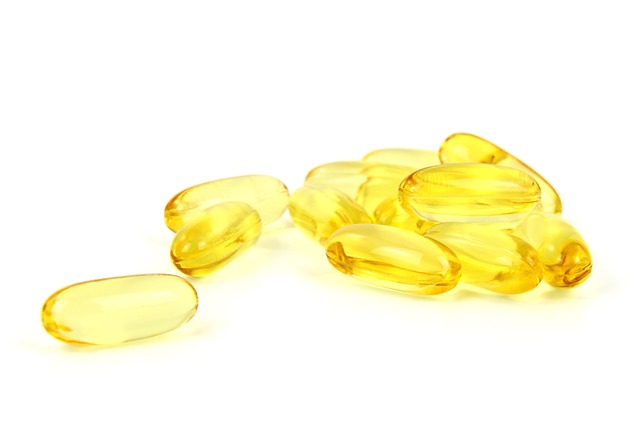
by Dr. Michael Murray | Jan 7, 2015 | Stress Relief
One of the biggest stressors for most people is time. We simply don’t feel we have enough of it. In fact, most of us do have enough time — we are just not using it in a savvy way. We either waste it or allow others around us to waste our time. Time management...

by Dr. Michael Murray | Sep 23, 2014 | Stress Relief
Introduction: Of all the foods available on planet Earth, those produced from the bean of the cacao tree (Theobroma cacao) are the most magical, interesting, and delectable. Our long- standing love for chocolate is now being matched by scientific research on its...

by Dr. Michael Murray | Aug 27, 2014 | Stress Relief
Whether you’re aware of it or not, you have a pattern for coping with stress. Unfortunately, most people have found patterns and methods that do not support good health. If you want to be truly successful in coping with stress, you need to identify negative...

by Dr. Michael Murray | Apr 1, 2014 | Stress Relief
Nature provides us with several plants that can help our body fight the effects of stress. These beneficial botanicals are often referred to as “adaptogens,” because they help us adapt to, or cope with, stress. For many years, these plants have been used to: Restore...

by Dr. Michael Murray | Jun 18, 2013 | Stress Relief
Introduction: Fish oils concentrated for EPA and DHA have been shown to have positive effects for patients with many different types of psychological disorders associated with stress including depression, bipolar disorder (manic depression), borderline personality...

by Dr. Michael Murray | Jan 2, 2013 | Stress Relief
Stress affects our circulation, slows our digestive system, and even increases our blood sugarlevels. Try these tips from naturopath Dr. Michael Murray to reduce stress and boost your health. STEP 1: Become an Optimist Optimism is a vital component of good health and...









